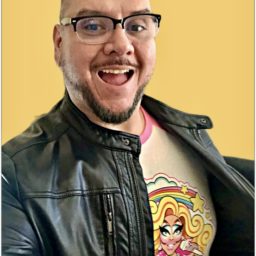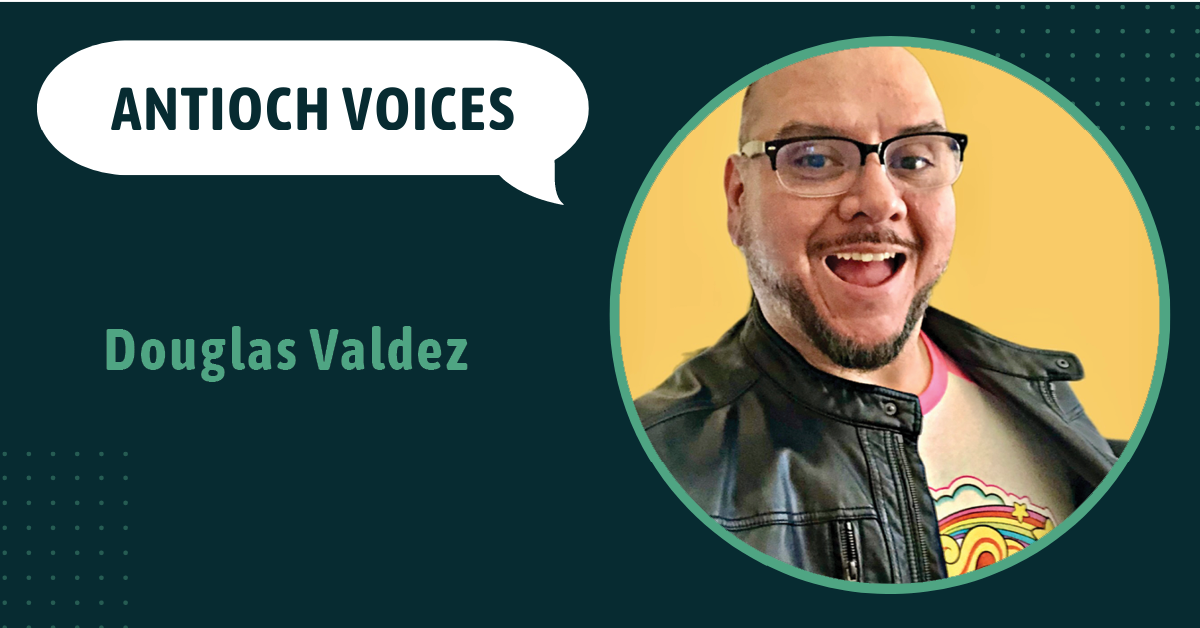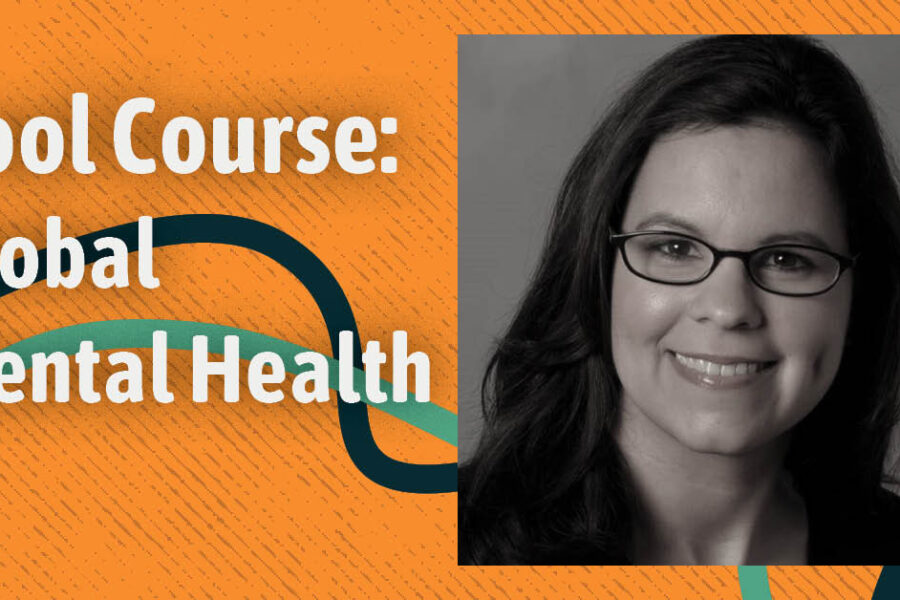I am Douglas. I live in Seattle, Washington.
I was born in Los Angeles, California, in a predominantly Latinx community to Mexican immigrant parents. As most people in my community, I came from a single parent home. My mother worked very hard to provide for my brother and I, however she faced many challenges as an undocumented woman coming from a small town in Mexico to a sprawling metropolis like Los Angeles. Growing up I never felt poor because most of the people I went to school with were also experiencing struggles. However, looking back now I see the challenges my mother faced to put food on the table.
As I got older, I realized I was different from the other kids in school, I had a little extra flare in my step and didn’t quite fit the machismo narrative. By the time I was in my early teens I knew I was gay and had no intention of hiding who I was. This did not go well with most of my classmates or my teachers. It was difficult for a young queer boy trying to get through school especially in a neighborhood where being in a gang was a normal activity. Leaving my house every day I felt the pressure to be like everyone else but unfortunately, that was not an option for me.
I consider myself lucky to have had two friends who shared a similar identity. We were able to lean on each other when life got rough and we needed support. In the queer community we talk a lot about “chosen family,” and coming from a collectivist culture I needed a sense of community and belonging. My traditional Mexican family was not accepting of my queer identity which created another obstacle to thinking about my future, let alone college. During this time my priority was to find any kind of acceptance which unfortunately meant spending a lot of time in bars. There were not a lot of places for an underage Chicanx Queer teen to find community in the 90’s. I had to grow up quickly and I learned a lot about myself and how to survive. When you are “othered” by most people you figure out your place in the world.
Thirty years later and I see how those experiences shaped my life. The strength needed to persevere and do whatever needed to be done made me the man I am today. There were many challenges faced by that young kid but I wouldn’t change a thing. I often think that my Queer identity saved my life. I don’t know if I would have been able to avoid the peer pressure of gang life if I hadn’t accepted my identity so early in my adolescence.
My story is not unique and the lack of resources for brown/BIPOC individuals continues to be a problem. The reason I am sharing a part of my journey is to hopefully provide some insight into one brown boy’s lived experiences. The strength and resiliency of that little brown queer boy allowed me to push through challenges that a person with more privilege may not have needed to overcome. As I work to complete my third master’s degree and start my journey into a PhD I look back on my life and think about not only the struggles but the amazing life I have had so far. As a board member of the Latinx Mental Health and Social Justice Institute I am proud of the work we are doing to build awareness of the lived experiences of brown people in the United States and beyond. Not every story is exactly like mine, however it’s important for us as clinicians to think about who is sitting in session with us. We need to look at our clients holistically to provide the best possible resources and support.

DOUGLAS VALDEZ
Douglas Valdez holds an MBA, a MS in Oriental Medicine, a MA in Clinical Mental Health Counseling, and a Sex Therapy certificate from Antioch University Seattle. He currently serves as a board member of the Latinx Mental Health and Social Justice Institute. He is also the founder and clinician at Curativo Health.



